In Arbil, the capital of Iraq's autonomous Kurdistan region, residents like 80-year-old Babir are struggling with a severe water crisis. For weeks, Babir has gone without bathing, relying instead on sporadic water deliveries from aid trucks. The situation in Arbil and its surrounding suburbs has become increasingly dire as groundwater levels have dwindled, exacerbated by persistent drought and power outages that disrupt the operation of water pumps.
Arbil's water supply primarily depends on wells and the Ifraz water station, which draws from the Zab River. However, over 25% of the city's wells have dried up this year, leading to widespread water shortages. Local authorities have allocated funds to address the crisis, including digging new wells and improving power supply to pumps. Despite these efforts, the reliance on groundwater is proving unsustainable.
Residents have taken to the streets multiple times to demand solutions, but progress has been slow. The lack of reliable water has forced many, like Surur Mohamad, to seek alternative sources, such as traveling to nearby villages for basic washing needs. The situation has also affected social life, as families are hesitant to visit each other due to the lack of water.
The crisis highlights the broader issue of water scarcity in Iraq, which has been severely impacted by climate change and upstream dam constructions in neighboring countries. While local officials work on immediate fixes, residents are calling for more radical and long-term solutions to ensure a stable water supply in the future.



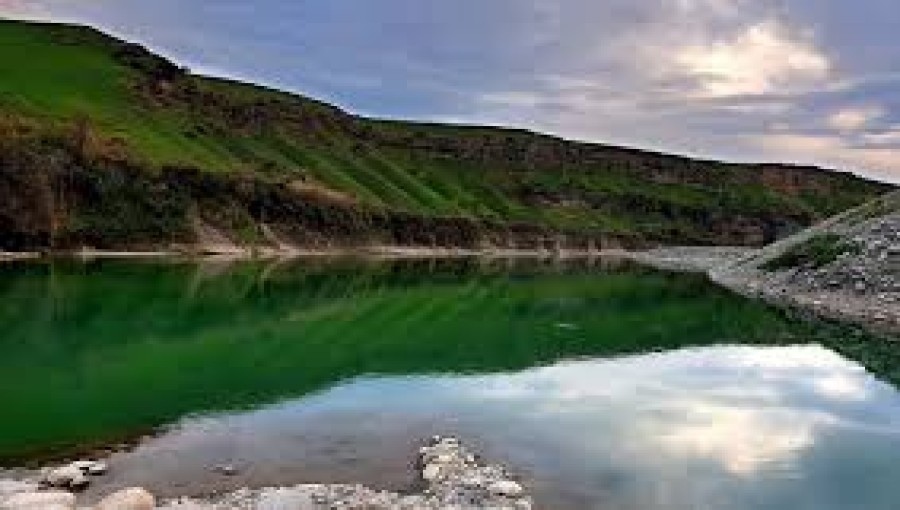




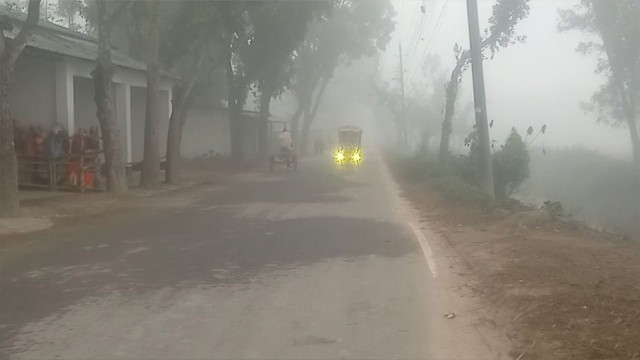


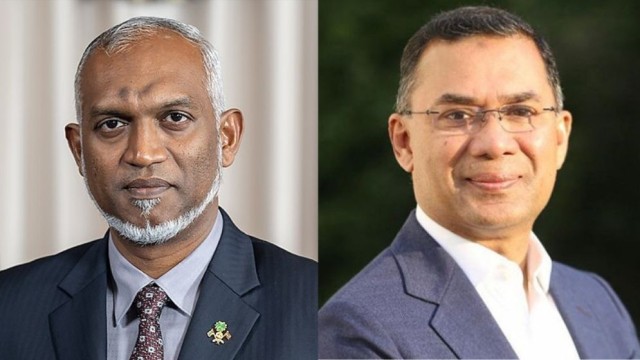
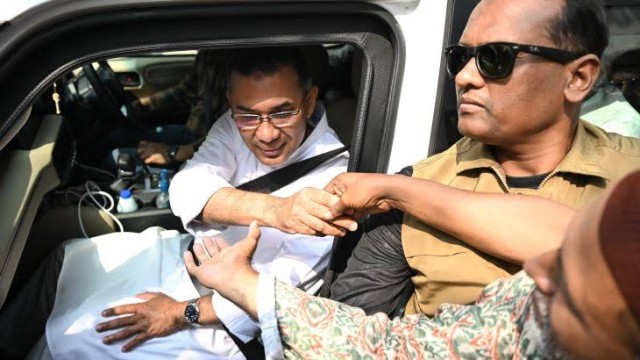


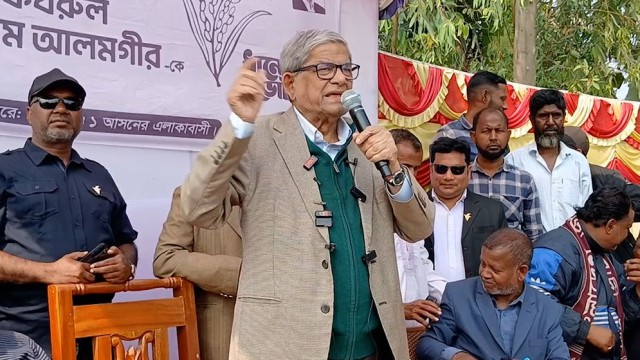















Comment: